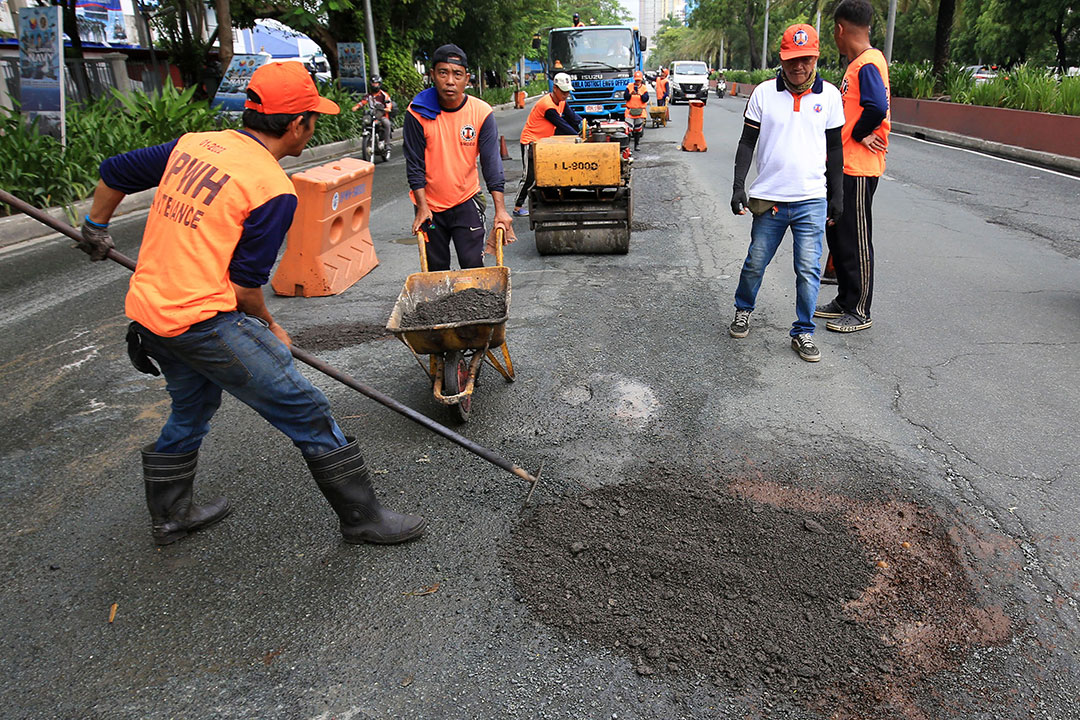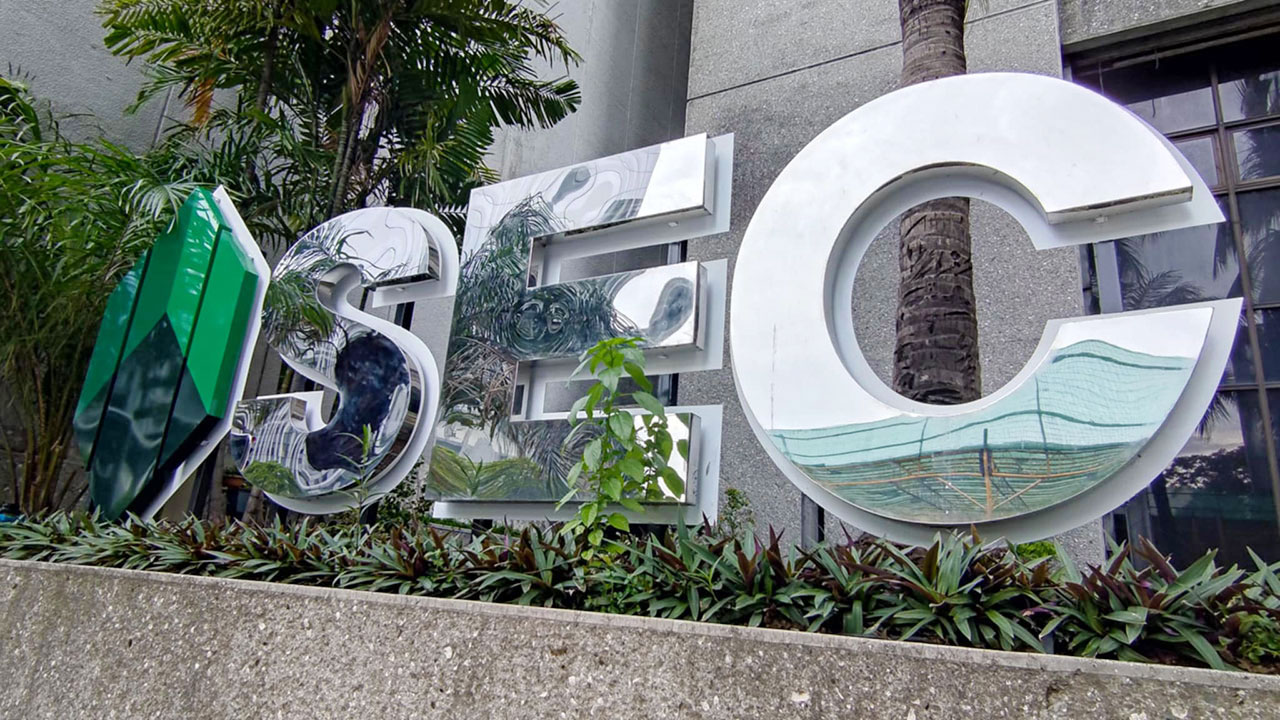
Upgrade to High-Speed Internet for only ₱1499/month!
Enjoy up to 100 Mbps fiber broadband, perfect for browsing, streaming, and gaming.
Visit Suniway.ph to learn

BAGUIO CITY — Two fishermen turned over 45.6 kilograms of crystal meth (shabu), fished out floating off the coast of Claveria, Cagayan, early Sunday morning.
The illegal drugs, tucked inside 50 plastic packs of gold tea bags labeled “DAGUANYIN” with markings of Chinese characters, has an estimated street value of P312.8 million.
Just this Friday, at least a kilo of floating shabu worth P6.8 million was also recovered in the waters off Sitio Narvacan, Barangay Dilam, Calayan, Cagayan during a seaborne patrol operation by local authorities.
Later in the afternoon, a fisherman and a barangay councilor surrendered one pack of floating shabu weighing approximately 750 grams, worth P5.1 million at Sitio Mingay, Brgy. San Juan, Sta. Praxedes, Cagayan.
All recovered shabu packs were turned over to PDEA Cagayan Valley Region II Laboratory Office for qualitative and quantitative examination.
The three fishermen and a barangay kagawad, hailed as community heroes, have been praised for their honesty and courage in reporting the incident.
“Local fisherfolks from Zambales, Pangasinan, Ilocos Sur, Ilocos Norte, and now Cagayan, who all surrendered their shabu find, are planting the seeds of honesty and integrity in their communities. They have done something good that inspires others to follow suit,” Philippine Drug Enforcement Agency (PDEA) Director General Undersecretary Isagani R. Nerez said.
Since last week, turned-in shabu floating off various waters off Zambales, Pangasinan, Ilocos Sur and Ilocos Norte has reached over P8 billion.
Mr. Nerez, who earlier bared that international syndicate “Sam Gor” was behind the shabu dumping said, “an in-depth investigation on the origin and intended recipient of the recovered contraband that were intentionally offloaded at sea is being conducted.”
Surveillance and maritime patrols in Northern Luzon are being intensified to deter the entry of illegal drugs using the country’s coastlines. — Artemio A. Dumlao




